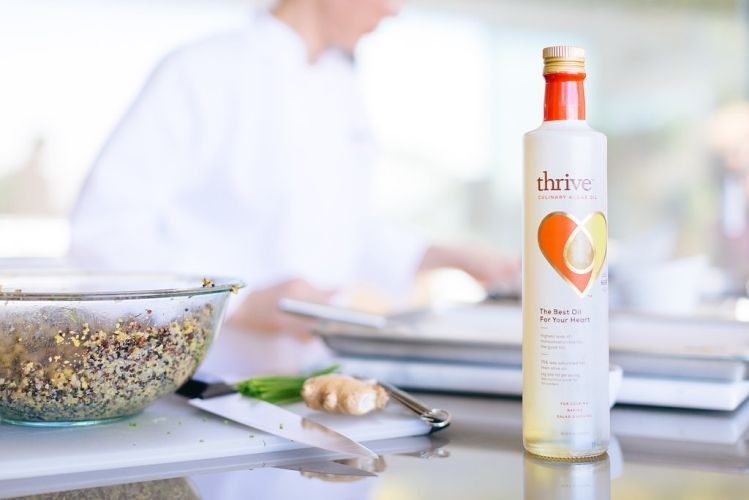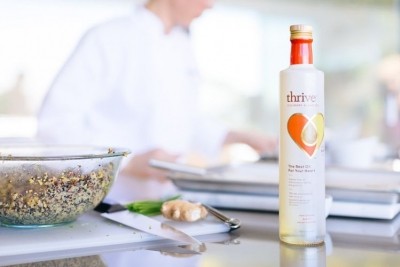News in brief
FDA approves qualified health claim for high oleic oils and reduced risk of coronary heart disease

In a statement issued Monday, the FDA said it would allow the following wording on pack: ‘Supportive but not conclusive scientific evidence suggests that daily consumption of about 1½ tablespoons (20g) of oils containing high levels of oleic acid [at least 70%], may reduce the risk of coronary heart disease.’
Firms using the claim will also need to make it clear that to achieve this benefit, these oils ‘should replace fats and oils higher in saturated fat and not increase the total number of calories you eat in a day,’ added the FDA.
Oils eligible to make this claim include high oleic sunflower oil, high oleic safflower oil, high oleic canola oil, high oleic soybean oil, olive oil and high oleic algal oil.
Six of the seven studies reviewed by the FDA in response to a petition filed by Corbion (which owns algal ingredients business TerraVia - maker of Thrive high oleic culinary algae oil) found that subjects randomly assigned to consume diets containing oils with high levels of oleic acid as a replacement to fats and oils higher in saturated fat experienced a modest lowering in total cholesterol and LDL cholesterol compared to those who ate a more Western-style diet higher in saturated fat. The seventh study showed no significant effect.
Claim permitted on olive oil, high oleic sunflower, soybean, safflower, canola, algal oil
Pareen Shah, head of Thrive Algae Oil, welcomed the news: "With the highest level of monounsaturated fat and the lowest level of saturated fat, Thrive Algae Oil offers an accessible option that can replace sources of saturated fat in everyday recipes. As we continue rapidly gaining distribution across the US, we look forward to reaching more consumers with an everyday solution that may reduce the risk of coronary heart disease for people today and for future generations."
Cargill also welcomed the news, with a spokesperson adding: "We are a pleased to hear that the U.S. Food and Drug Administration (FDA) has determined that there is credible evidence to support a qualified health claim that consuming oleic acid in edible oils, such as olive oil, sunflower oil, or canola oil, may reduce the risk of coronary heart disease.
"Cargill has a long-running commitment to developing nutritious products for consumers, including the introduction last year of the lowest saturated fat, high oleic canola oil available to commercial food customers worldwide. We believe the FDA’s approval of a qualified health claim for high oleic oils is intended to give consumers more information by which to make informed nutritional choices which is a development we welcome as an industry-leader in this space."
Qualisoy: Claim could motivate CPG brands to switch to high oleic soy
High oleic soybean oil - which contains as much as 75% oleic acid - and is lower in saturated fat compared to some other high-stability oils, qualifies for the claim, said Dan Corcoran, chairman at QUALISOY, which promotes next-generation soybean oils.
“The new health claims may motivate consumer packaged good and private label brands to consider reformulating products, such as salad dressings or bottled vegetable oils, using high oleic soybean oil. This announcement serves as an opportunity for those companies, as well as high oleic soybean oil suppliers and distributors, to call the health claim out on packaging to help drive sales.”
Qualified health claims enable food marketers to talk about a relationship between a food substance and disease where there is supporting science, but where the evidence fails to meet the FDA’s ‘significant scientific agreement’ standard.
The FDA should consider whether a “significant liberalization of qualified health claim language would help drive innovation and be beneficial to consumers,” says Campbell Soup Co.

















